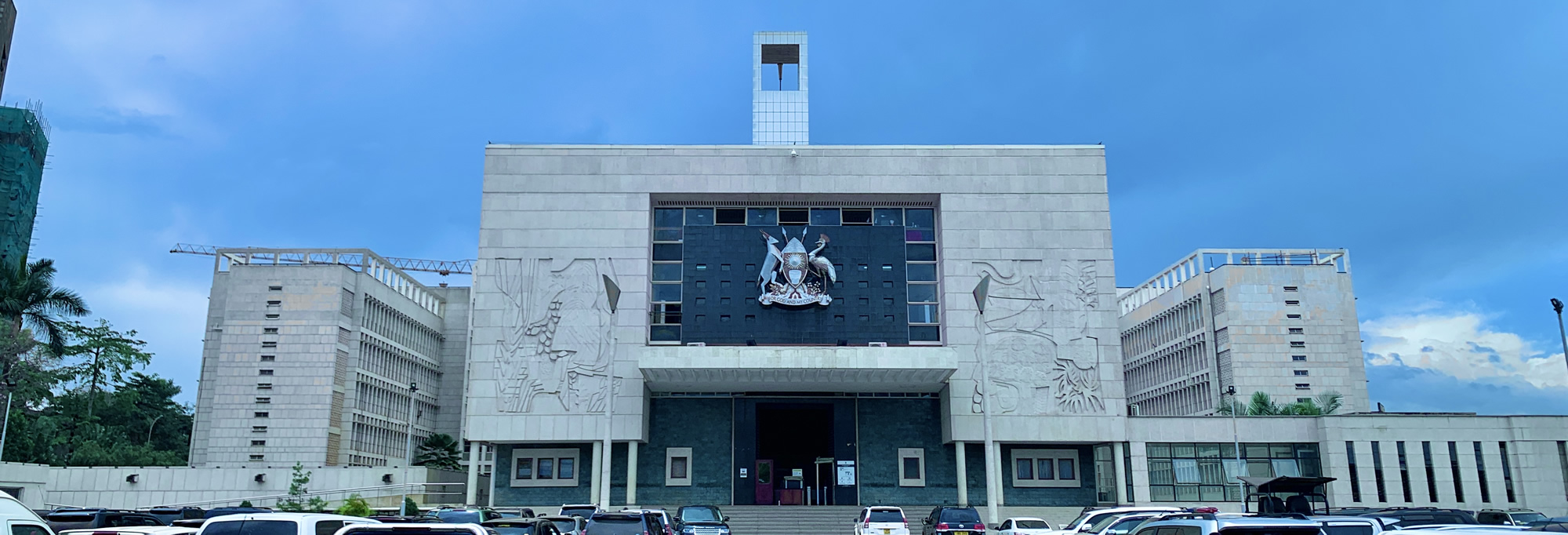Parliament’s committees of Agriculture and that of Health want government to straightaway design a public information programme to sensitise the public about the risks posed by mycotoxins contamination to human health.
“The committees observed that the level of exposure by Ugandans to mycotoxins is high since the most affected food types are staple foods which are widely consumed and they contain more than one type of mycotoxin,” read the report in part.
The report on a motion for a resolution of Parliament urging government to prioritise interventions to address challenges of mycotoxin contamination in the country was adopted during plenary sitting on Wednesday, 03 April 2024.
Mycotoxins are toxic secondary metabolites produced by various fungi that contaminate food crops, animal feeds and the environment.
These fungi contaminate foods like maize, sorghum, groundnuts, cotton seed and many others, especially under conditions of high humidity, dry weather near crop maturity, high moisture content during harvest, inadequate drying and poor storage practices.
The chairperson of the Committee on Agriculture, Animal Industry and Fisheries, Hon. Janet Okori-Moe, said that the prevalence of mycotoxins contamination is still unknown by the public.

According to the report, infants and children are at risk since maize contains the highest level of mycotoxins and is consumed in many schools adding that baby foods too, contain mycotoxins.
The committees found that there are over 200 known mycotoxins but those of health and economic concern are few, including aflatoxin whose most known health effect is liver cancer.
“Uganda experiences a total of 3,700 new cases of aflatoxin-induced liver cancer per year. Further, the risk of developing liver cancer when individuals are exposed to aflatoxins is 30 times higher in people exposed to the Hepatitis B Virus (HBV) compared to those who are not,” said Okori-Moe.
The committees added that whereas the National Agricultural Research Organisation (NARO) has interventions to curb mycotoxins contamination, there is limited awareness among the general public and farmers about existence of solutions to curb mycotoxins contamination in food crops and animal feeds.
“It was also observed that limited funding of NARO is a hindrance to commercial roll out of anti-mycotoxin innovations. NARO, through the Ministry of Agriculture, Animal Industry and Fisheries, should present detailed cost estimates of the cost of commercialisation, roll out and popularisation of anti-mycotoxin technological innovations,” read the report in part.
The report also pointed out that Uganda loses an estimated $US38 million annually in lost export opportunities due to aflatoxins.
“In 2018 for instance, Kenya rejected 600,000 metric tons of maize from Uganda, equivalent to Shs180 billion owing to poor quality and aflatoxin contamination. ln 2023, over 96 trucks were impounded at Nimule South Sudan border due to alleged aflatoxin infestation,” read the report in part.
The lawmakers demanded that the Uganda National Bureau of Standards (UNBS) should harmonise and enforce the same standards for export and locally traded foods.
“The committees observed that the UNBS laboratory provides analytical certification services but only to companies that are exporting,” read the report in part.
The Minister of State for Agriculture, Animal Industry and Fisheries, (Animal Industry), Hon. Bright Rwamirama, agreed with the need to prioritise sensitisation of the population on the dangers of mycotoxins contamination.
“Government is prioritising sensitisation especially now that we are targeting lucrative markets and have attracted investors to deal with the grains,” he said.
Rwamirama added that Cabinet approved the establishment of the Food Authority to ensure quality assurance of both food crops and veterinary services.
“It will be a fully-fledged authority. We will soon table the draft Bill before Parliament,” he said.
The mover of the motion, Bardege-Layibi Division Member of Parliament, Hon. Martin Ojara Mapenduzi, urged government to expeditiously implement the recommendations.
“We are faced with danger if action is not taken. The situation is grave and a concern to farmers’ activities; when a farmer loses, the country loses,” he said.





